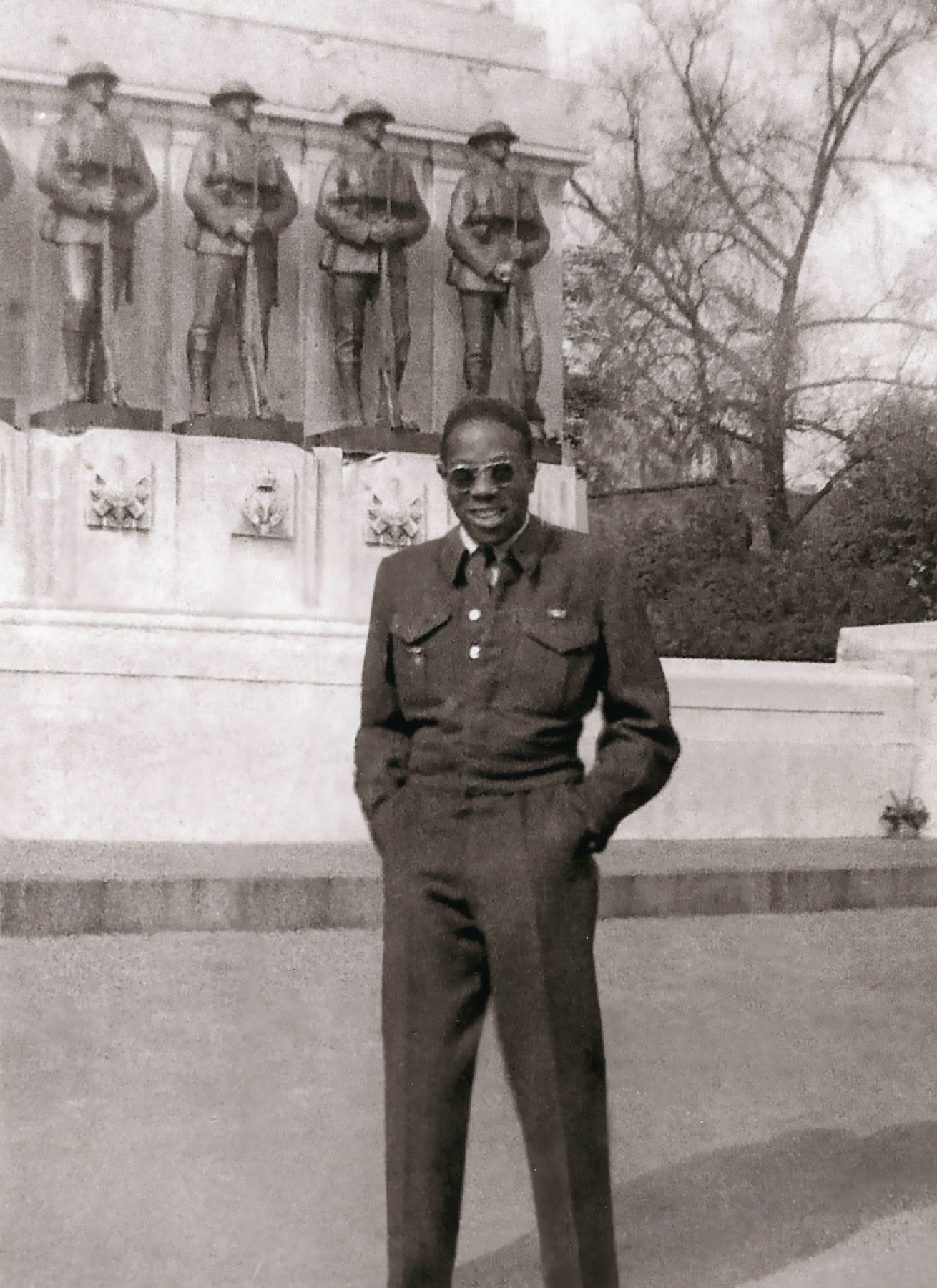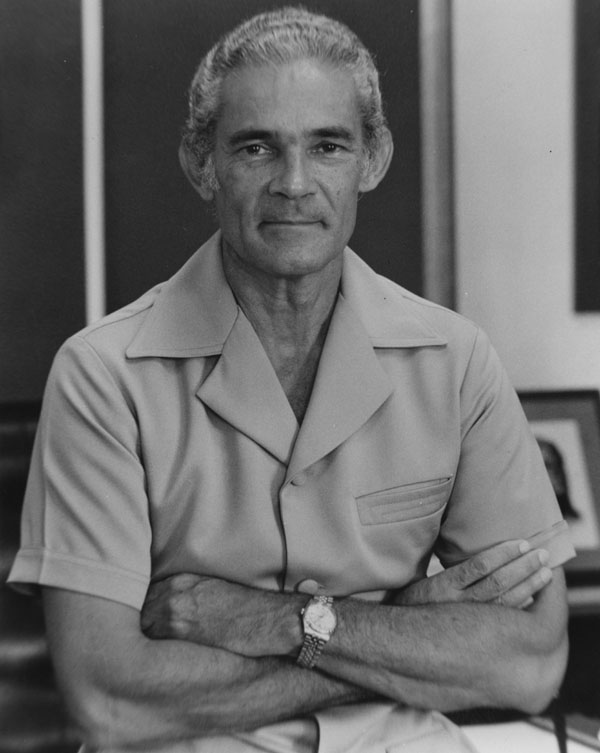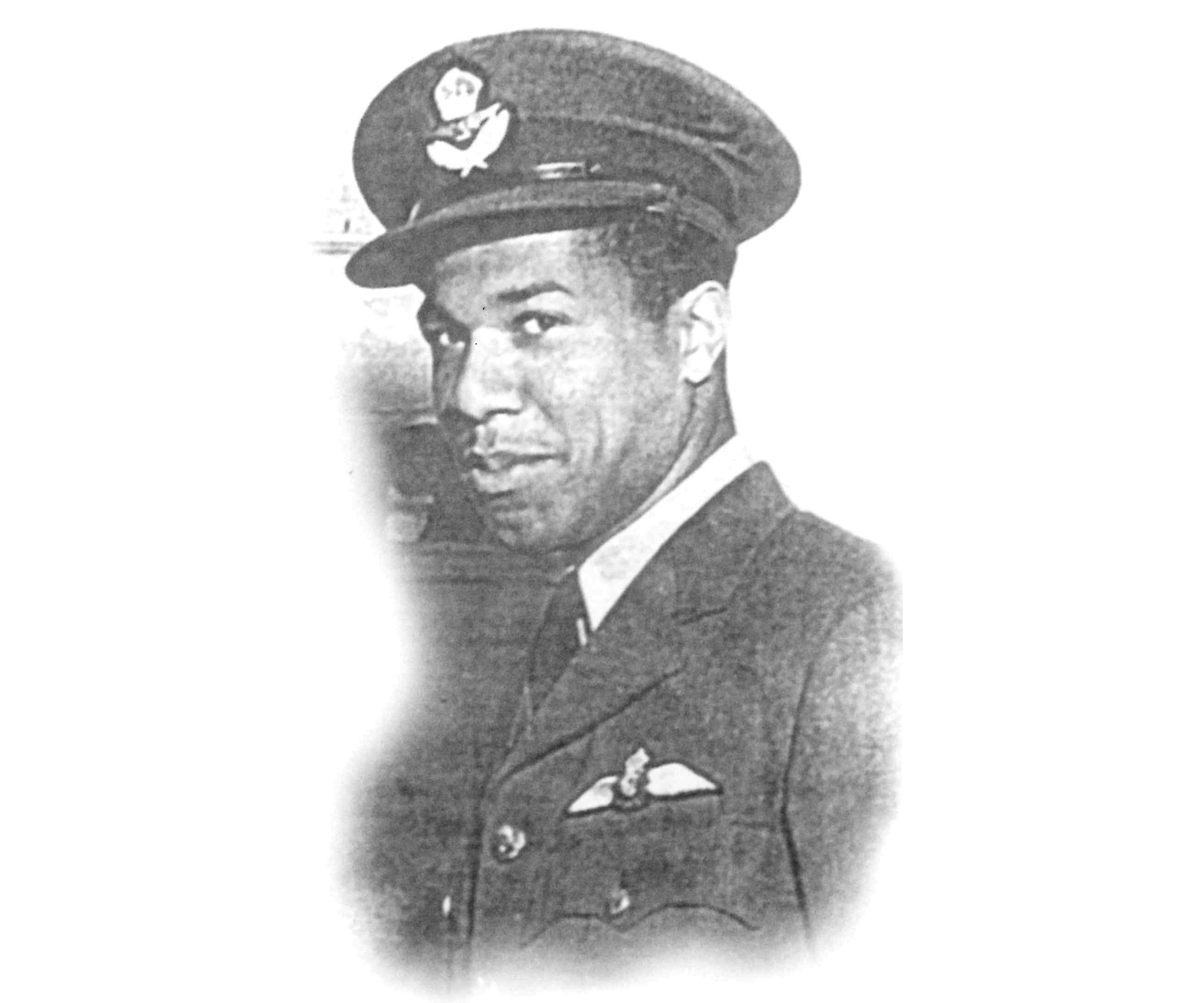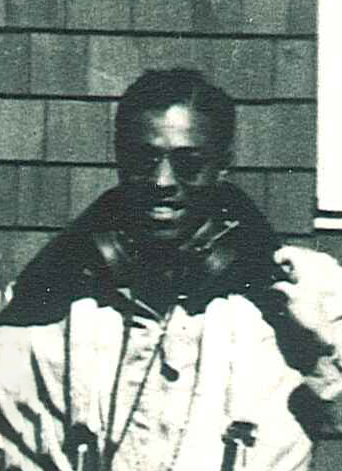Recruits of Quality
News Article / February 1, 2021
Click on the photo under “Image Gallery” to see more photos.
February is Black History Month. In this article, we examine the challenges that several Black Canadians conquered to become members of the Royal Canadian Air Force, their contributions to the Air Force and Canada, and their tremendous achievements during and following their military service.
By Major Mathias Joost
The Royal Canadian Air Force (RCAF) has always attempted to select the best possible candidates from among Canadian society. In the period before the Second World War there was much competition to gain one of the few positions in the air force. The RCAF could afford to choose the best candidates. The need for manpower during the war did not reduce the quality of the recruits being accepted. In 1940, the RCAF had an agreement with the Army that the RCAF could talk to the best Army volunteers and see if they wished to join the air force. Post-war, the RCAF continued to select only the best. This selection of the best of Canada’s young men and women can be seen in the achievements of Black Canadians who served in the air force. Michael Manley served as aircrew in the RCAF and in 1972 became the fourth prime minister of Jamaica. Lincoln Alexander, Leonard Braithwaite and Lloyd Perry all became lawyers, with Alexander becoming the first Black Member of Parliament and the first Black lieutenant-governor of a Canadian province. Leonard Braithwaite became the first Black member of the provincial parliament in Ontario, being responsible for pushing through important anti-discrimination policies while Lloyd Perry became a director in the Ontario attorney general’s office, responsible for protecting the rights of children.
Some Black Canadians remained in the RCAF after the war and went on to distinguished careers. Sammy Estwick enlisted in December 1941, serving until 1963. He worked in telecommunications in the RCAF, both as an instructor and as an operator, continuing in this field after he retired. In his retirement he helped found the Ottawa Lions Track and Field Club and the Gloucester Senior Adults’ Centre as well as serving as president of both. He also served in leadership positions with the Vanier Lions Club and the Society for Technical Communication.
Eric Watts went from being an airman to a squadron leader when he retired. Wherever he went he was considered to be one of the best, whether serving as an instructor or as a section head. As the wing air armaments officer at 1 Wing in Marville, France, he took the wing’s armaments serviceability rate from last to first among the four wings in the Canadian Air Division.
The post-war RCAF also had its share of quality recruits. Among the many who distinguished themselves were George Borden and Wally Peters. George Borden served from 1953 to 1985. He then served five years as executive assistant to the province’s Ministry of Social Services, being the first Black in Nova Scotia in this position and was the province’s first literacy coordinator for Blacks from 1988 to 1991. He is also a well-known poet and songwriter.
Wally Peters enlisted as a fighter pilot, going on to become a Canadian Armed Forces (CAF) advisor to the UN on the tactical movement of troops by air and the CAF’s first human rights officer. On retiring he went on to work with Transport Canada, helping create aviation safety programs and helping establish the Canadian Aviation Safety Board. He might be best known however, for having served as a member of the Snowbirds.
Black Canadians have always been ready to serve Canada. The RCAF has benefited from the quality of those who have served, as has Canada and its people. The foregoing are just some of the examples of their excellence.




